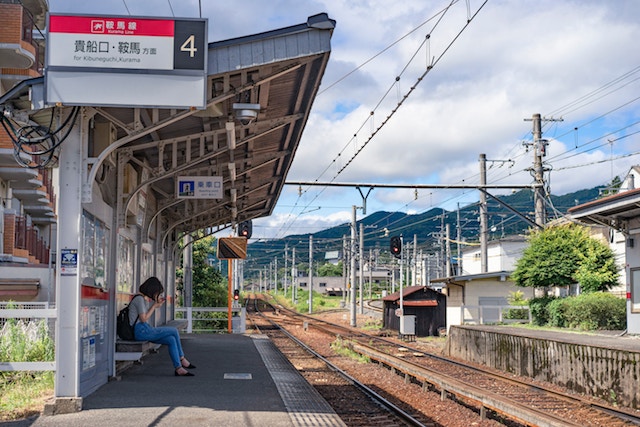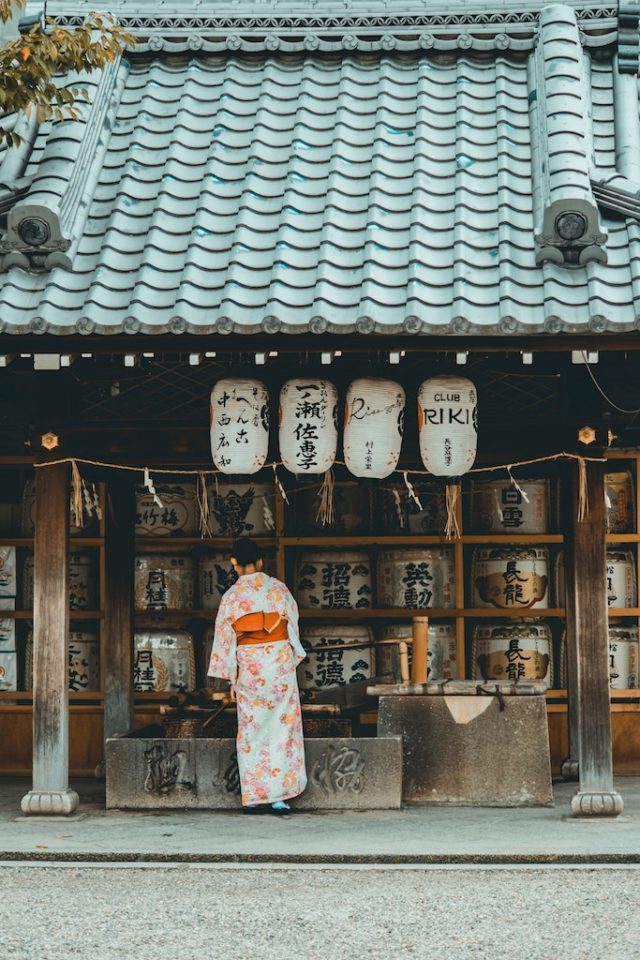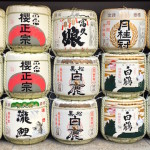10 Japanese Words To Know Before Your Visit

Upon landing in Japan, you’re immediately greeted by loads of strange looking characters that make your brain question itself. Never fear! Although most tourist destinations in Japan come with enough English language assistance, throwing out a few crazy common Japanese words here and there will do wonders with the locals and enhance your experience around the country. Here are 10 exceptionally useful Japanese words that are bound to win you praise in the form of, “Nihongo jouzu”, or “Your Japanese is really good.”
10 Japanese Words To Know Before Your Visit
1. Irrashaimase (Eee – rah – shai – mah – sei!)
Do you walk by Japanese shops and hear people yelling something at you? This is what they are saying: Irrashaimase! Loosely translated as, “How can I help you?’, this is shouted to draw people into stores, particularly when there is a sale going on and if no one else is around. Understanding what people are screaming around you will do wonders for both your stress level and your impulse to buy from the places around you.
2. Gochisosama deshita (Go – chee – sama – desh – ta)
Ever since learning this word, I have found myself wanting to say it every time I walk out of a restaurant. It means, “Thank you for the meal,” and is commonplace across Japan. You will gain instant adoration from the chef and staff alike if you toss this one out as you walk out the door. Visiting a Japanese friend? Use it at their house after a meal, too!
3. Wakarimasen (Wah – kah – ree – mah – sen)
Meaning, “I don’t know.” If you’re ever asked any question in Japanese, simply respond with this. It’s noncommittal and once people hear your accent, people will understand that you are not fluent in Japanese, and will assist you in finding the answer that you really need.
4. Kawaii (Kah – wa – eee)
Said by millions to express “cute”, kawaii can basically be used to describe 95% of everything you see in Japan. From Hello Kitty to Naruto to that pet monkey you see dressed up in a costume, kawaii covers it all.
5. Hontou ni (Hon – toe – nee?)
Really? You play soccer? This phrase is exceedingly useful because your new Japanese friend at the bar could say anything and you could respond with, “Hontou ni?”, or “Really?” and the conversation would continue on without a problem. It also generates excitement and enthusiasm, which combine for a great time even if nothing crazy has happened yet.
6. Sumimasen (Soo – mee – mah – sen)
Japanese for, “Excuse me,” sumimasen is indispensable, no matter if you’re a first-time visitor or a seasoned expatriate. If you bump into someone on the crowded Yamanote train line in Tokyo or want to ask a bus driver or staff at Tourist Information a question, insert this greeting first to transition. Sumimasen emphasizes politeness and humility and will aid you in terms of any inquiry or issue you have during your travels.
7. Onegaishimasu (Oh – neh – gah – eee – shee – mah – su)
Often shortened to “onegai,” onegaishimasu means “please”. In the basement of a Japanese department store and wanting to purchase a gourmet bento box? This is when you point and elegantly say, “onegaishimasu”.
8. Sugoii (Soo – go – eee!)
Sugoi means “amazing,” and let’s face it, isn’t everything in Japan amazing? If you’re in Japan during the summer and catch a fireworks display, there’s no doubt that the English Ohhhs and Ahhs will subsequently be replaced with sugois coming from everyone around you. See something cool? Sugoi! Watch conveyor belt sushi go around for the first time? Sugoi! And yes, this will win you brownie points with any Japanese person who hears you say the word.
9. Oishii (Oh – eee – shee)
This one word will enable you to understand the vast majority of what makes up Japanese TV shows – cooking demonstrations: Oishii, meaning “delicious,” is quite possibly the most overused and overemphasized word of the Japanese language. Even if you suspect something tastes bad on TV, the TV host will inevitably exhort, “Oishii!” Indulging in some delicious ramen noodles? Slurp them loudly and exclaim, “Oishii!”.
10. Gomennasai (Goh – meh – nah – sai)
If you’re new to Japan, there’s a good chance you’re going to commit some kind of cultural faux pas so being able to say you’re sorry is a must. Do note that at times sumimasen and gomennasai are interchangeable but when in doubt, go with the more conciliatory word.
If you’ve reached the end of your time in Japan and have managed to use only a few of these, do not worry as you’ve probably spoken 200% more Japanese than the locals expected you to! Any effort you can put forth in terms of speaking Japanese will be more than appreciated by the Japanese themselves and you’re guaranteed to reap the rewards of your attempted skills. Ganbarimasu, or good luck!

Photos for 10 Japanese Words To Know Before Your Visit by Unsplash.









You missed the “so” out of the phonetic for 2.
Go – chee – so– sama – desh – ta
its time to do the 10 Italian phrases!
11. ja ne! (see ya!) as you know most foreigners dont know “sayounara” is like a long term goodbye
This is great, but you may want to edit number 2 to include the “so” sound in the gochisosamadeshita pronunciation.